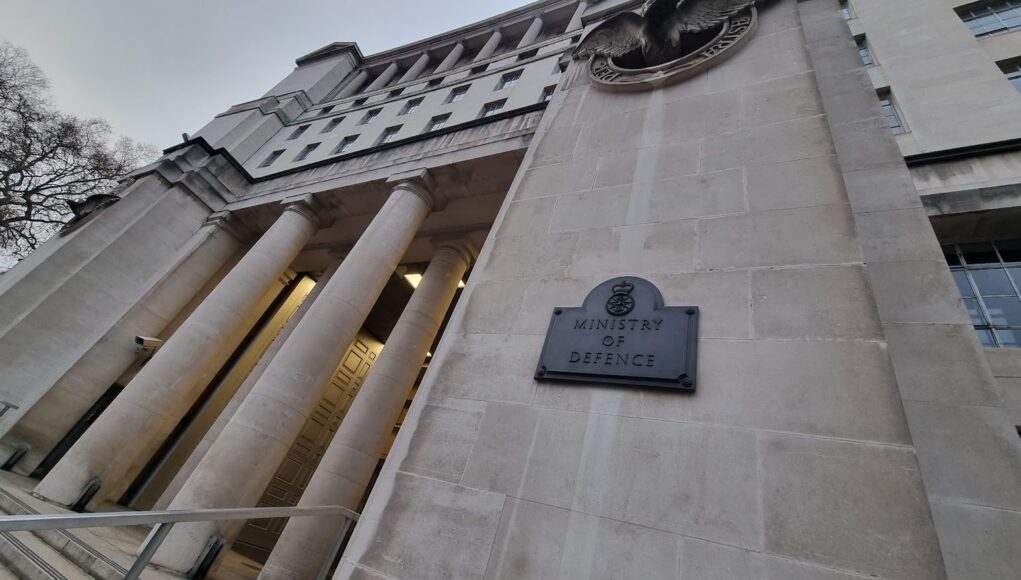The Ministry of Defence has formally responded to the Service Complaints Ombudsman’s Annual Report for 2024, setting out new measures to improve fairness and efficiency in handling complaints from Armed Forces personnel.
The response was placed in the Library of the House on 1 September by Veterans Minister Al Carns.
In his statement, Carns said the MOD valued “the strong independent oversight that the ombudsman brings to the service complaints system.”
He confirmed that further reforms are planned, including the creation of an Armed Forces Commissioner in 2026 with “greater and more far-reaching powers than currently possessed by the ombudsman.” A new tri-service complaints team will also be established to take the most serious allegations of bullying, harassment and discrimination out of the chain of command for the first time.
The MOD’s written response welcomed the Ombudsman’s recognition of progress made in 2024. It highlighted the introduction of the MyComplaint app, which allows personnel to file and track complaints online, and a new quality assurance process for reviewing the handling of cases. While the Ombudsman said the system was not yet fully efficient, effective and fair, the MOD noted that it was “very close to being considered fair and that there have been improvements in the effectiveness of the system.”
The Ministry agreed to implement two new recommendations by January 2026. The first is to adopt supplementary key performance indicators, designed with the Ombudsman, to better reflect the range and complexity of complaints. The second is to develop a formal process for handling mass complaints, drawing on past experience and working in collaboration with the Ombudsman’s office.
The MOD’s response concluded by thanking the Ombudsman for “the work that you have driven forward during your tenure… the changes you have suggested have helped us improve the system for our members of the Armed Forces, as we ourselves commit to renew the nation’s contract with those who serve.”














If the MOD wants to recruit more personnel, it needs to bring its HR protocols into the 21st century, as this is a critical path to entice new blood into the services.